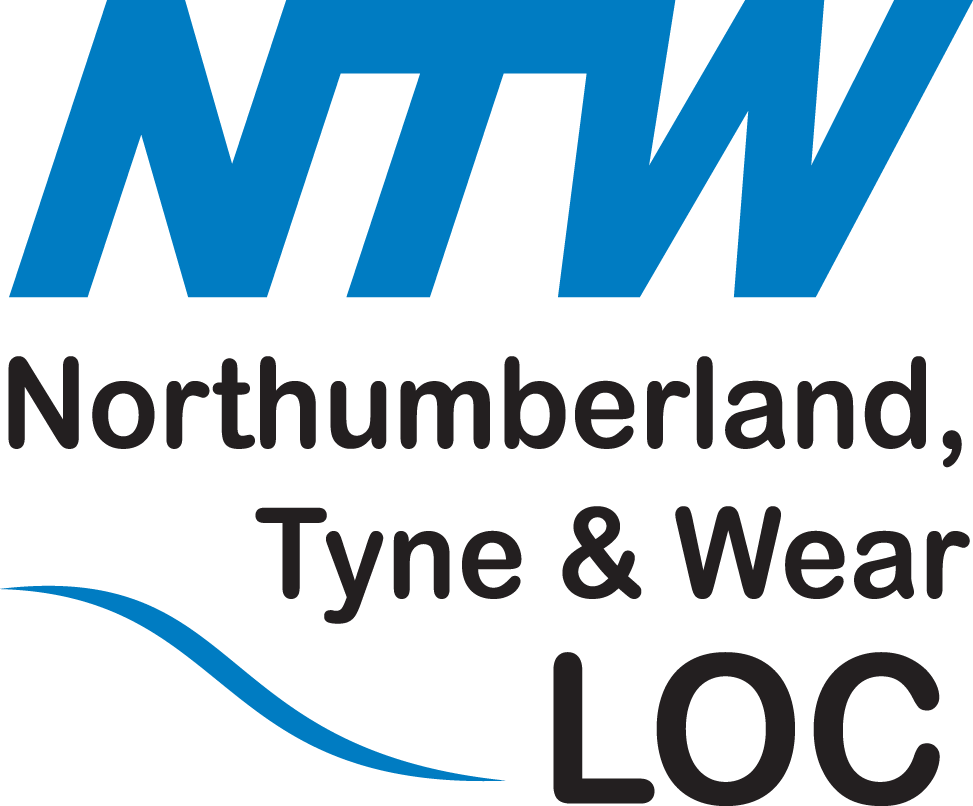Disclosure & Barring Service (DBS) checks
From 1 April 2013 all new applicants for a GOS performers list have to have an Enhanced Disclosure and Barring Service check carried out. This was previously called an Enhanced CRB check.
GOS regulations do not require routine updating, however, section 5.11 of the NHS Standard Contract, General Conditions does require proof of clinicians holding an Enhanced DBS certificate and Primary Eyecare Services (PES) may request a copy of this certificate to ensure compliance.
The difference between a DBS and a CRB certificate is that it is transportable. It belongs to the individual and therefore it is their responsibility to ensure it is maintained when participating in community services.
A DBS check is nothing more than a snapshot in time. Health organisations have deemed that for DBS checks to be “valid” they should be repeated every three years. If you have not had an enhanced CRB/DBS check carried out in the last three years, you must now do so to participate in locally commissioned community services.
Costs
An enhanced DBS costs around £45, but you can’t apply for an enhanced one on yourself. https://www.gov.uk/disclosure-barring-service-check/overview
You need an “umbrella body” to do this, and they charge for the ID checking and processing of information – This means the total cost will be in the region of £60 per check.
Those working in corporate organisations should first check with their company in case they have a preferred supplier.
AOP have a preferred supplier HERE for more information.
However please note, this is only an example and we cannot guarantee the efficiency of these services.
NECS (North East commissioning service) will provide this service. Application forms should be requested by sending an appropriate email to the general HR enquiry email address NECSU.Recruitment@nhs.net clearly marked as DBS application in the Subject heading.
Signing up to a PES community service contract verifies your role and allows performers to use this service in DDT/CNTW (Durham Darlington Tees / Cumbria North Tyne and Wear).
You will need to ask a GOC registered optometrist working in DDT/CNTW to perform the role of verifying your evidence before you send this off with your completed application form to be further verified and counter-signed by NECS.
This service lets applicants keep their DBS certificates up to date online and allows employers to check a certificate online. You can register online, via the link above, as soon as you have your application form reference number. You can ask for the number when you apply for your DBS check, or you can wait and register with your certificate number when you receive your DBS certificate.
You must do so within 14 days of the certificate being issued.
Registration lasts for 1 year and costs £13 per year (payable by debit or credit card only).
Safeguarding Adults and Children
Any safeguarding concerns should be reported directly to the local authority safeguarding team.,If a performer or contractor is unsure or has questions about staff training, policies, or competencies, they can use this generic email address: england.cneincidents@nhs.net
NHSE safeguarding Lead; england.nursingandqualitycne@nhs.net
Both Adult and Children Level 2 training is provided by DOCET.
Gateshead Adult Concern Decision Making Tool
The Safeguarding Adults Board approved the publication of a new Adult Concern Decision Making Tool. This is now available within our Multi-Agency Policy and Procedures within the Practice Resources and Guidance (Local) Section. The aim of the tool is to support practitioners to make a decision about what is the appropriate pathway for a concern about an adult. Raising a statutory Safeguarding Adults Concern is not always the answer and can even result in delays to accessing the appropriate care and support required. It is important that practitioners understand the difference between statutory safeguarding, complaints, quality of care (concerns about a provider) and care / health management pathways.
Additional information
NHS England Regional Teams and/or Local Health Boards should regularly notify practices of up-to-date contact information for local Safeguarding and Prevent teams. If, for some reason, this is not available, up-to-date safeguarding information can be found by downloading the following app(s):
NHS Safeguarding App
NHS Safeguarding Guide
NHS Safeguarding Guide (only available on the iOS App Store)
Prevent team contact information should be available on the local police or Council website but local arrangements can vary. In practice, it is probably best to search the Internet for ‘Contact my local Prevent team’.
